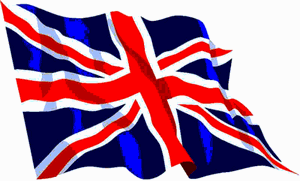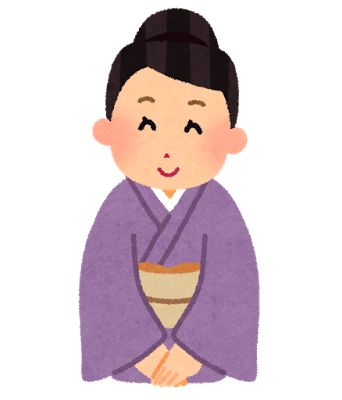
Modern English(近代英語)
The English language today has changed a lot and has gotten many new words from all the countries the British Empire controlled or traded with.
About 80% of English vocabulary is Latinate (derived from French).
Although Old English’s rigid grammar became simple in the Middle English period, it became even simpler in the Modern Era.
Only about 10%-15% of modern vocabulary is native (from Old English), but those native words are extremely high frequency words used in every sentence.
English really is a mixture of its early Germanic roots and the legacy of the Roman Empire (through French, which derived from Latin).
今日の英語という言語はたくさんの変化を経て、
大英帝国が支配し、貿易をした全ての国々から新しい言葉を取り入れたんだ。
約80%の英単語は(フランス語から派生した)ラテン語だよ。
中英語の時代に古英語の型にはまった文法が単純にはなったけれども、
近代英語の時代にはさらにシンプルになったんだ。
近代英語の語彙のうち、もともとイングランドで現地の人が使っていた(古英語からの)ものは
たったの10%~15%しかないんだけど、
それらの本来の言葉はかなり高い頻度で口を開くたびに使われているくらいさ。
英語というのは初期のゲルマン語派のルーツをもつものと
(ラテン語から派生したフランス語を経て)ローマ帝国から伝来したものとが
混ざったものなんだ。
【古英語(パート1より)】
Hwæt wilt þū?
Ic wille hycgan Englisc.
【中英語(パート2より)】
What wilst þu?
I wille lernen English.
【近代英語】
What wilt thou?
I want to learn English.
↓
What dost thou want to do?
【現代英語】
What do you want to do?
I want to learn English.
【日本語】
あなたは何をしたいですか?
私は英語を学びたいです。
Shakespeare wrote in Early Modern English, which is very close to the English we speak today.
You can see some old variations in the example above.
Also, compare those sentences to the Middle English and Old English examples.
there are a few differences, but basically most high school students can understand Shakespeare
with just a few notes.
It’s essentially the same language we speak today.
シェイクスピアは今日僕たちが話している英語ととても近い
近代英語を書いていたんだよ。
上記の例で【近代英語】も古いものから変化しているのがわかるよね。
それに、それらの【近代英語】の文章を【古英語】の例文から比べると
違いは少しあるけれど、
基本的にはちょっとした中があれば、ほとんどの高校生はシェイクスピアの作品を
理解することができるんだ。
本質的には僕たちが今話している言語と同じ、ということだね。
The history of English is very unique because it is a Germanic language grammatically, but most of its vocabulary is from Latin.
I can’t think of any other language that is similar – English is like a sponge.
It is said that English has the largest vocabulary of any living language and most of these words come from many different languages.
In 2006, one linguistic organization claimed that there were 988,968 English words.
If that’s true we are well over 1 million words by now, this might be the biggest vocabulary of any living language!
But don’t be scared! You don’t need all of them.
Another study showed that a native speaker can understand 17,000 words but only uses 15,000-16,000 words
— and that number drops if they can’t speak another foreign language!
文法的にはゲルマン語であるのに、
そのほとんどの語彙はラテン語から来ている英語の歴史は
とても変わっているね。
僕には他に似たような言語は思いつかないな。
英語って何でも吸収するスポンジみたいだよ。
英語は現存する言語の中で一番多くの語彙を持つ言語だと言われているんだ。
しかもその多くの言葉が他の違う言語から来ているからね。
2006年にとある言語学の団体が英語は988,968語あると発表したんだ。
もしそれが本当なら今ではとうに100万語を越しているだろうね。
これって本当に今ある言語の中で一番多い語彙数に違いないね!
でも、心配しないで!全部が必要なわけではないんだ。
他の研究では英語を母国語としている人でさえ、理解するのは17,000語、
使用しているのはたった15,000~16,000語だけだということを示しているんだ。
しかもその英語を母国語としている人で、
もし同時に他の言語を話せる人においてはさらにその数字は下がるらしい!!
Mark



















